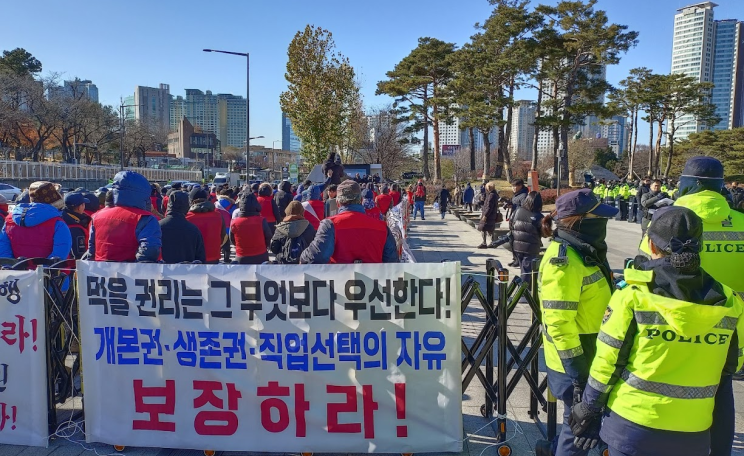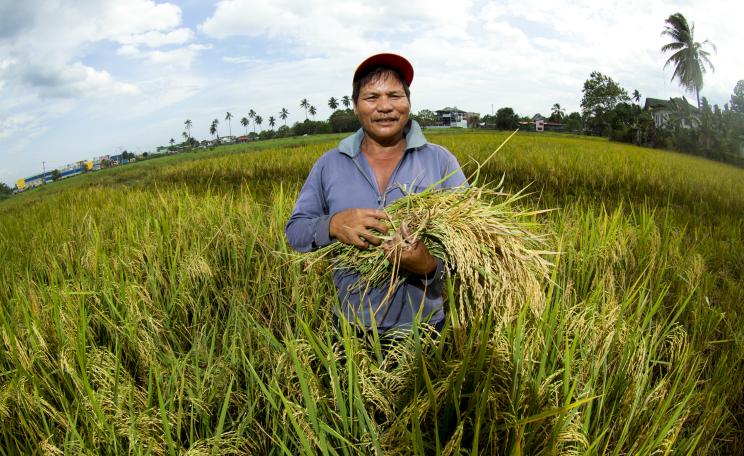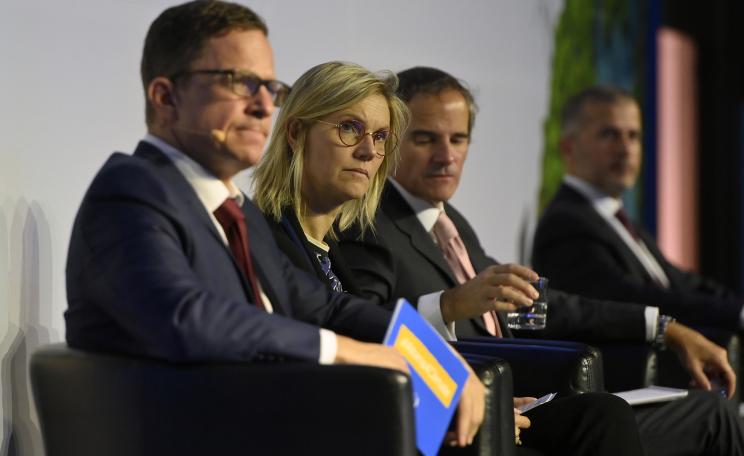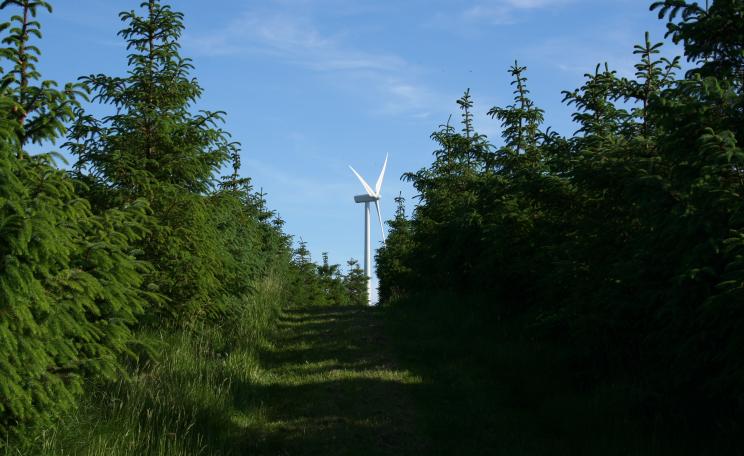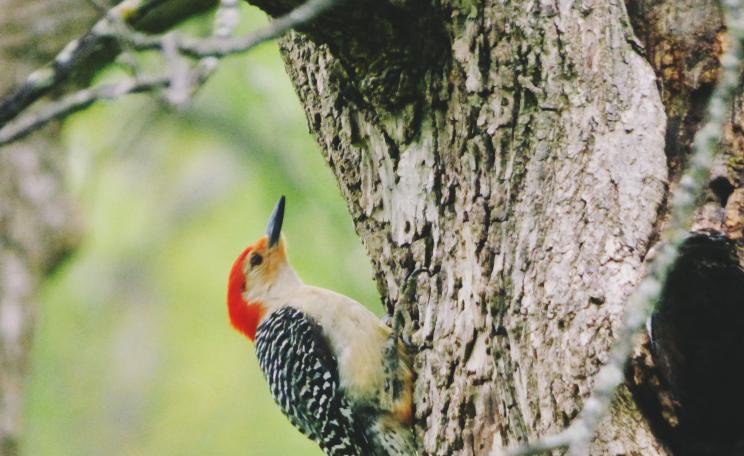The conditions in which these hens were kept were likely to be chronically stressful to them, and to cause great suffering in numerous hens.
Leading animal charity the RSPCA has been forced to suspend three major free range poultry farms from its welfare assurance scheme and has launched a widespread review after an independent undercover investigation revealed chickens living in “appalling” and “horrific” conditions.
The farms supply own brand eggs which have been RSPCA Assured to Sainsburys, as well as to the brands James Potter, Stonegate and LJ Fairburn who in turn sell to high street supermarkets. The three farms are owned by the directors and family of directors of the British Free Range Egg Producers Association (BFREPA) which has lobbied the animal charity to reduce its welfare assurance standards. Two suspensions have now been lifted.
Bags of lifeless birds, hens suffering from illness and injury, and instances of brutal bullying among the flock were documented at the high-profile free-range farms. Far from roaming freely in open spaces, these hens were trapped within overcrowded sheds, their basic needs neglected. Surveys have frequently found mean levels of mortality to be higher in non-cage systems than in cage systems - contrary to consumer expectations.
Suffer
A spokesperson for RSPCA Assured told The Ecologist: “This footage is understandably upsetting and we quickly suspended all three farms whilst we urgently launched an investigation. This included unannounced physical inspections of all of the farms by specially-trained RSPCA Assured assessors, and a detailed analysis of the footage by our experts to identify each of the farms featured and any breaches of the RSPCA welfare standards.
“Following our investigation, we have lifted the suspension of one of the farms as we are satisfied that they have fully addressed any welfare issues shown in the footage. However, we will be working closely with them to provide additional support and advice to help them continue meeting the RSPCA’s strict welfare standards. They will also be subject to at least two unannounced visits within the next 12 months to ensure that the RSPCA’s standards continue to be met.
“A second farm, which featured only briefly in the footage, had no birds on the farm when we visited. We will therefore carry out an unannounced visit once it has been re-stocked with hens. The third farm is still under investigation and as such we are unable to comment further at this time."
They added: “Sadly, from time to time things can go wrong on farms but one case of poor welfare is still one too many, which is why we have taken these allegations very seriously. However, welfare concerns on RSPCA Assured certified farms are very rare, and many millions more farm animals are having a better life thanks to the work of the charity and its dedicated members.
“We would ask anyone with concerns about an animal on an RSPCA Assured certified farm to always report it immediately, so that we can act swiftly. Any delay in reporting concerns means there is a significant risk of an animal being left to suffer unnecessarily.”
The conditions in which these hens were kept were likely to be chronically stressful to them, and to cause great suffering in numerous hens.
Lobbying
Animal Justice Project, a leading animal advocacy group, conducted the covert investigation between September 2023 and January 2024 at prominent RSPCA Assured free-range egg farms affiliated with the directors of the British Free Range Egg Producers Association, which claims to be “the voice of the British free-range egg industry”.
Ayrton Cooper, the campaigns manager for Animal Justice Project, said: "We are urging consumers to go beyond the illusion of 'cage-free' and embrace a truly compassionate choice by opting for egg-free alternatives.
“Despite the glossy advertising campaigns promoting 'cage-free' eggs, the reality is far from humane. What our investigation has uncovered is a stark reminder that labels can be deceiving, and behind the façade of 'cage-free' lies a world of suffering for millions of hens.
“It's time for consumers to question the ethics behind their food choices and demand transparency and accountability from the food industry. By transitioning to plant-based alternatives, we not only safeguard the rights of animals but also pave the way for a more sustainable and ethical future."
RSPCA Assured’s own survey confirms that 87 per cent of the British public value hen welfare. More than 70 per cent of eggs sold in the UK were in 2022 from cage-free hens and all major retailers in the UK have pledged to exclusively sell 'cage-free' eggs by 2025.
Audits
Despite this commitment, the unsettling video footage reveals a troubling reality of the conditions endured by cage-free hens. It depicts thousands of birds confined within expansive, factory-style sheds, denied access to the outdoors.
Animal Justice Project claims that RSPCA Assured bowed to industry pressure - including lobbying from the farm owners who have been found to have breached even the most basic standards - and watered down its requirements for animal welfare procedures.
In November 2023, BFREPA, along with the British Egg Industry Council (BEIC), jointly sent a letter to the RSPCA Assured certification scheme outlining ‘serious and significant’ concerns over the introduction of new standards, including verandas and natural light for hens.
As a result, RSPCA Assured backed down and amended the proposed changes, removing the deadline for free-range verandas and extending the timeframe for providing daylight to free-range hens to seven years.
A BFREPA spokesperson said: "UK free range and organic egg farms work to the very highest standards of hen welfare and are subject to a rigorous auditing schedule by numerous food safety and animal welfare certification bodies. After reviewing the footage, RSPCA Assured carried out audits at all the sites last week. As a result of the visits to the farms, two of the farms have been reinstated to the RSPCA Assured scheme. Work to reinstate the third farm is continuing.”
Mistreatment
The Animal Justice Project investigation revealed “distressing scenes of overcrowding, neglect, and bullying” at Harper Farm in Leeds. The footage also shows extensive feather loss, bags of deceased birds, no access to the outside for hens, injuries, growths and sick hens; as well as and injured hens unable to reach food or water on upper tiers, and dead and decaying bodies on the lower tier.
Harper Farms is RSPCA Assured and supplies Sainsburys. The farm is owned by Jack Stephenson, who is a director of BFREPA. Charlie Stephenson, the farm’s owner until he passed away, was said to be a ‘stalwart’ of the free-range egg industry. He was a member of the BFREPA steering group, and one of the early members of RSPCA Assured, then called Freedom Food, and helped to develop systems used under the Freedom Food scheme.
A spokesperson for Animal Justice Project said: “Harper Farm in Leeds stood out for the most obvious animal suffering. One hen was filmed being pecked to death over several hours, while another suffered extensive injuries, with a raw and bloody head and apparent eye damage. Dead birds littered the shed, and numerous health issues plagued the flock, including large growths, bent combs, limping, cannibalism, severe feather loss, and prolapses.”
The investigators also found instances of illness, evidence of cannibalism, dead birds in nest boxes and lying across feeders, featherloss, and neglect at Pauline Anne Jones' family farm in Powys. The ammonia was so strong inside the farm, the Animal Justice Project investigator recalled, that it “burned” their eyes.
The farm, run by her husband, Richard Jones, supplies RSPCA Assured Sheriff’s Wood Eggs to Stonegate. Pauline Anne Jones is also a BFREPA director. A spokesperson for Stonegate said: “The care and welfare of our flocks are of the utmost importance to us, and we take allegations of mistreatment of birds very seriously. On receiving the footage, we immediately suspended the farm in question pending both our own investigation and the reports of qualified independent veterinarians.
Death
“The site was audited by an RSPCA auditor during an unannounced inspection, and separately the British Egg Industry Council (BEIC) have also carried out an audit. We have since been notified that the RSPCA have removed the suspension held against the site.
“We have been informed that the BEIC have seen no evidence to support suspension of the site. Taking the advice of independent poultry specialists and the reports from the industry approved auditing bodies we have lifted our suspension of the site and resumed collection. We continue to work closely with all our producers to ensure the highest welfare standards for our flocks.”
At Lucy Hinch's family farms in Leicestershire the Animal Justice Project investigation found “neglect and disregard for animal welfare, including injured and collapsed hens, a sick hen with a bloody head, numerous dead hens, prolapses, featherloss, inadequate ‘enrichment’, blocked nesting boxes, and four consecutive days of denied outdoor access”.
Hinch houses 216,000 free-range hens across three RSPCA Assured farms. She is also a BFREPA director. The farm supplies LJ Fairburn & Son. A spokesperson for LJ Fairburn & Son told The Ecologist: “As soon as we were made aware of this video, apparently partly filmed at a farm owned by one of our producers, we launched an immediate investigation and suspended the producer involved. The welfare of hens, both on our own farms and those of our producers, is paramount and forms the foundations of our business.”
Veterinary Professor Andrew Knight, who watched all the Animal Justice Project footage, commented: “The suffering and death of laying hens appeared to be present across all the free-range egg farms I viewed footage of — all of which I am told were RSPCA Assured.
Exploitation
“Multiple serious health problems were clearly evident, without any signs of the veterinary care these warranted. These included numerous hens with prolapsed or infected cloacas, missing feet, which can follow trauma caused by sharp edges, hens collapsed, moribund, with neurological (balance) disorders, and exhibiting seizures.
“Many hens also showed severe feather loss, consistent with a barren environment leaving limited opportunity to move, or to exercise highly-motivated natural behaviours, such as foraging, exploring and dust-bathing.
“This results in chronic stress, which can result in feather pecking with subordinate birds sometimes unable to escape. Subordinate birds were filmed suffering prolonged attacks in this footage. This causes great suffering, and can lead to the death of attacked birds.”
He concluded: “The conditions in which these hens were kept were likely to be chronically stressful to them, and to cause great suffering in numerous hens”.
Animal Justice Project is an animal rights organisation based in the UK with over 200,000 followers and an 8-year history of campaigning to end animal agriculture and exploitation. Jack Stephenson at Harper Farm and Pauline Jones did not respond for requests for comment from the media. Lucy Hinch was contacted by reporters but opted not to comment.
This Author
Brendan Montague is editor of The Ecologist.



